Meet the Author

KIRBY WILLIAMS
Kirby Williams, like his hero Urby Brown, sought refuge in France from the racial turmoil of the United States. He has lived in Paris ever since 1962, where he worked in the Secretariat of UNESCO (United Nations Educational, Scientific, and Cultural Organization) from 1967 to 2000 with diplomatic status. Kirby's real-life experiences inform the narrative Rage in Paris - his first novel.
KIRBY'S LIFE IN PHOTOGRAPHS
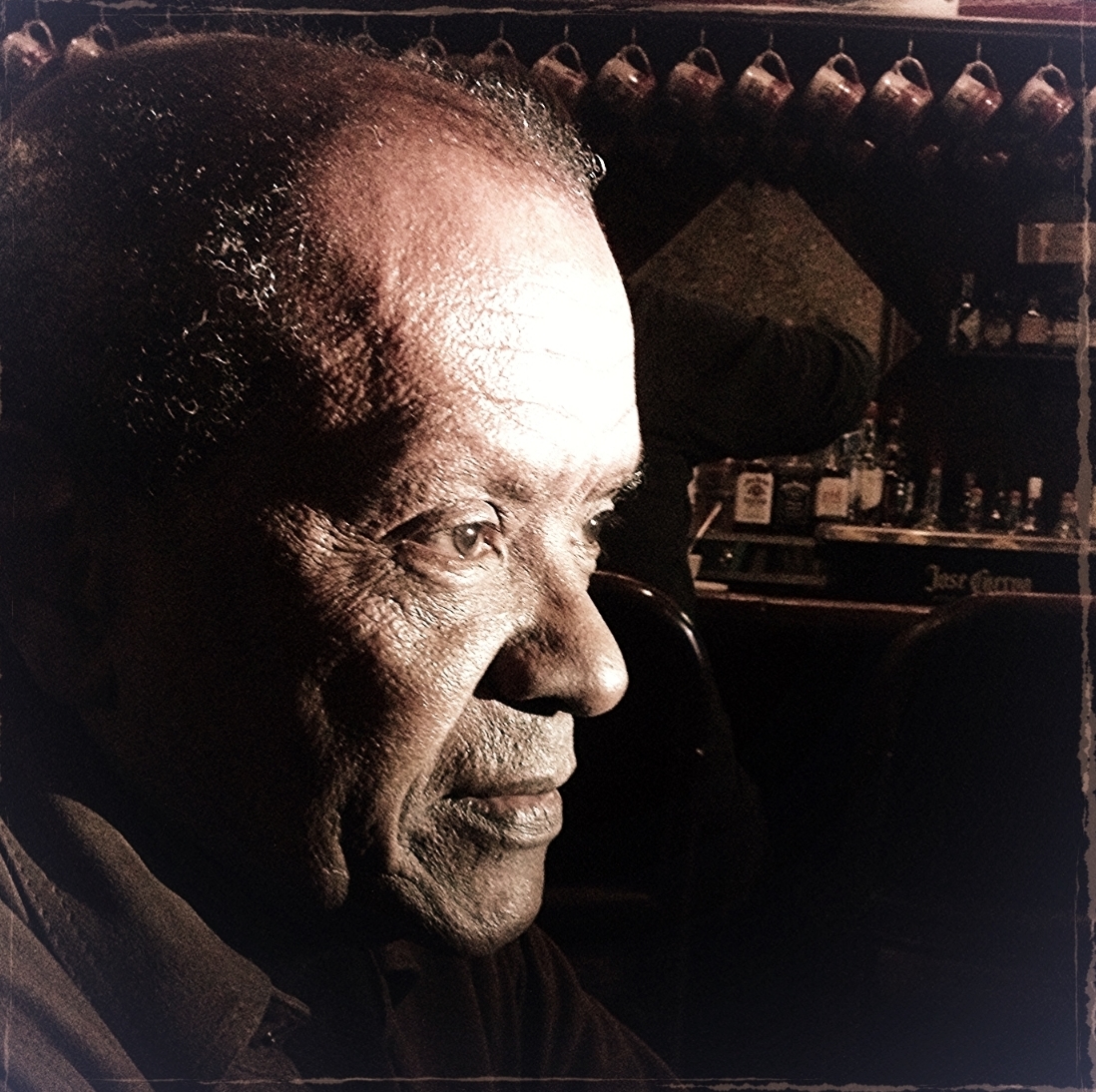
Many of my life experiences and encounters have fed into “Rage in Paris.” Although the timeframe of the book is the 1895 to 1936 period, I have lived long enough and seen enough to recognize that there are many dark currents in the human psyche, which persist in spite of the works of God and man; they resurface at times of great social transition and upheaval. We are living such times now. That’s why I feel that “Rage in Paris,” while both a crime and historical novel, is also a cautionary tale.
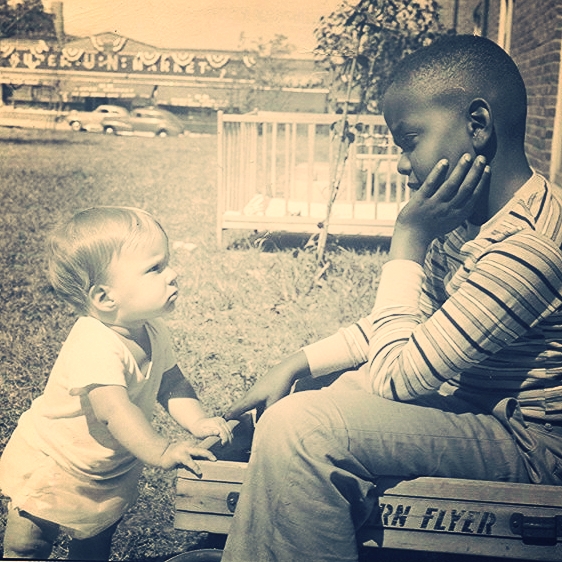
I was born in Clinton, Oklahoma in July 1940, the son of what was then referred to as “colored” Texans.
“Home” in Texas was a topsy-turvy world. My white-looking grandfather would take me into town to buy clothes and once, cowboy boots, but I couldn’t try them on in the store. Meanwhile, masses of family would greet our return “from the North”, the ones on my mother’s side invariably looking white or near white and those on my father’s side looking like native Americans or the Africans that I had seen in World Atlases or in the U.N. village. This set me thinking about questions of racial and ethnic identity and all of its ironies and absurdities when I was not yet eight years old.
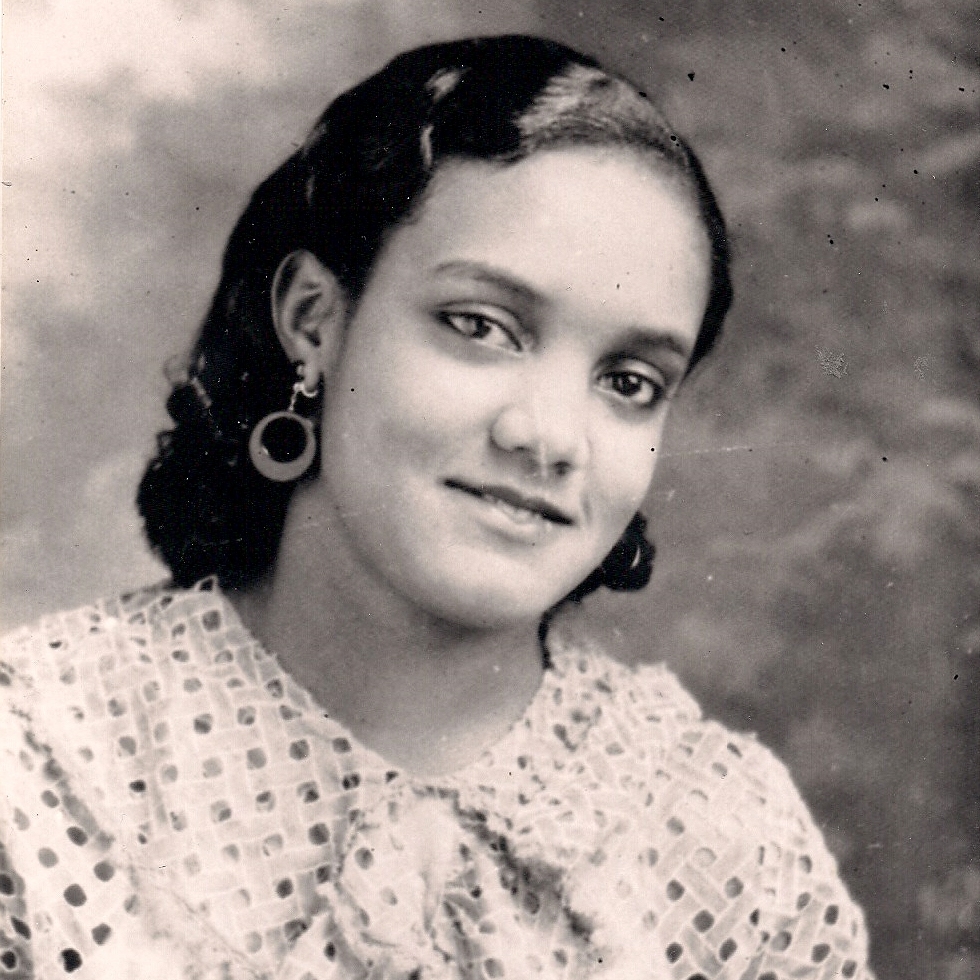
My mother, Mary Cochrane Kirby, was born in 1913 and was listed as a 'mulatto' in the census following. She became one of the first black Assistant Principals in the New York City Public School system and ended her career as a Principal. I learned from her only four years ago that she had witnessed a lynching in her hometown, Hempstead,Texas, when she was nine years old.
Her father, James Henry Kirby, a large-scale watermelon farmer in the “watermelon capital of America,” was a blue-eyed man of British yeoman stock. He had ten brothers and sisters of similar appearance, and two of the sisters went off to live in the mid-West as white people.
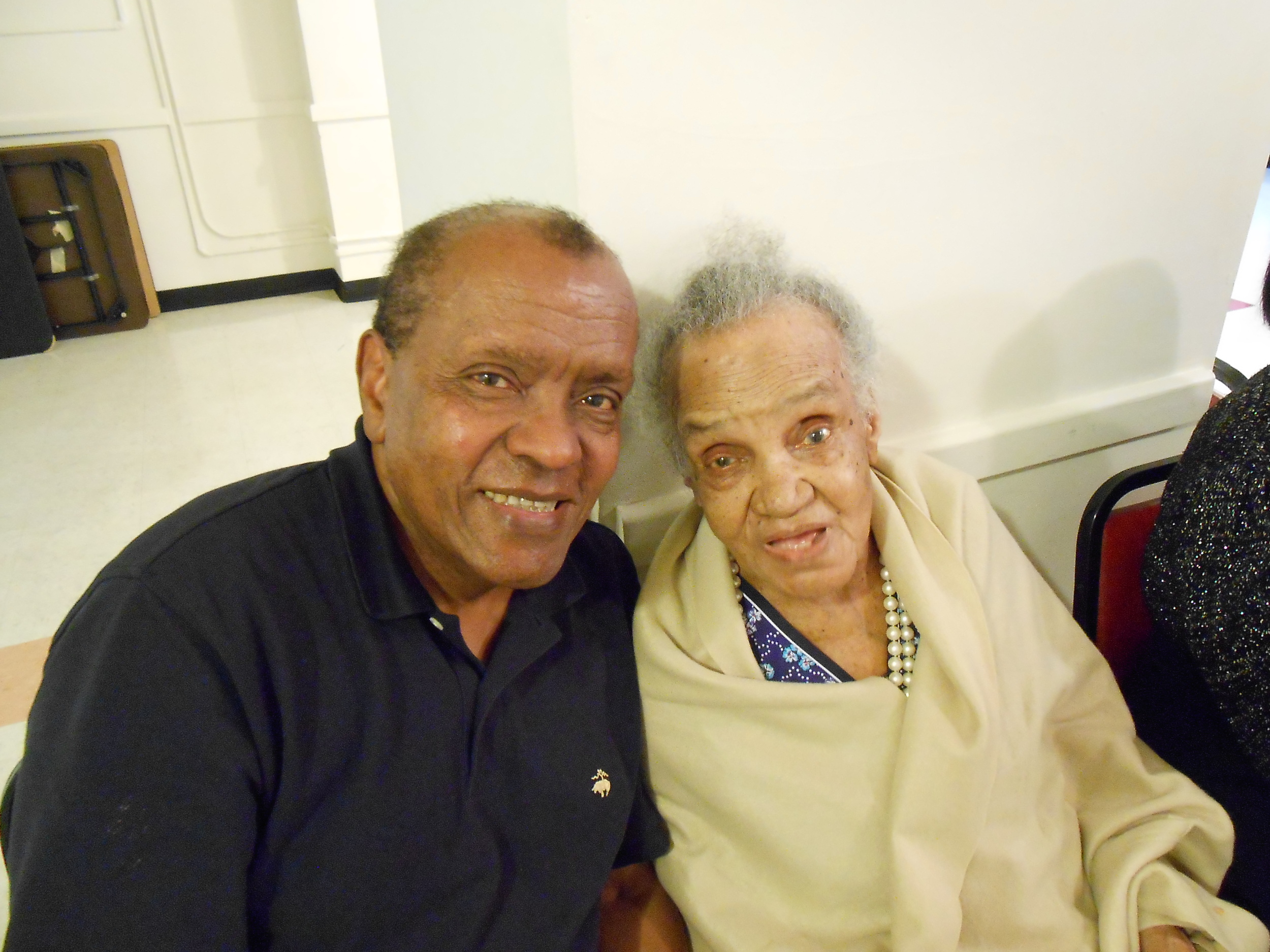
My mother, Mary Cochrane Kirby, was born in 1913 and was listed as a 'mulatto' in the census following. She’s still alive and living independently in Manhattan - I learned from her only four years ago that she had witnessed a lynching in her hometown, Hempstead,Texas, when she was nine years old.
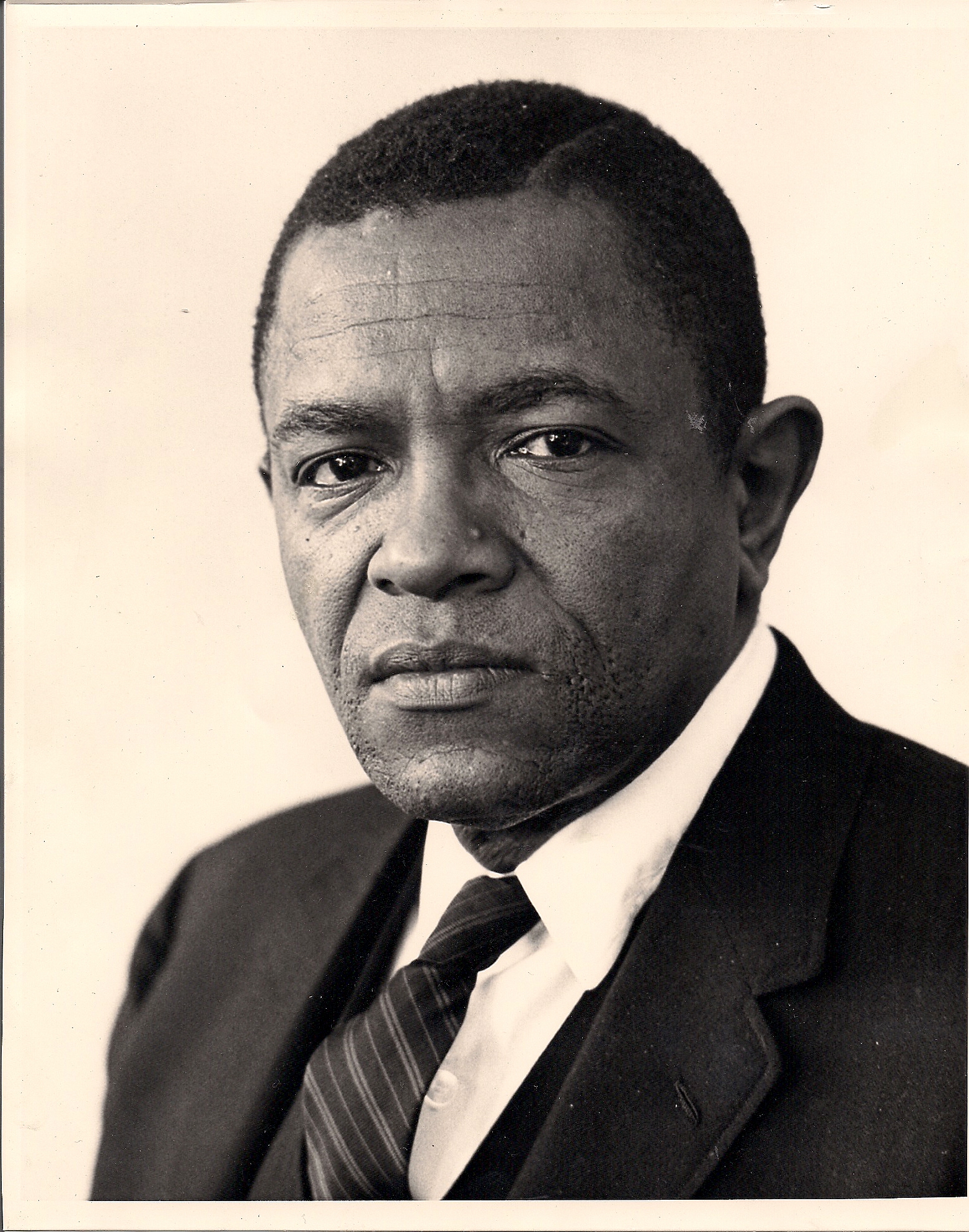
Marshall Everett Williams, was born, literally, in a log cabin in Bryan, Texas in 1912 (deceased 1993). He was an only child brought up by a snuff-taking part-Seminole woman who ran the household of a genteel white lady in Bryan. Although uneducated, his mother valued education above everything, including religion, and drummed its value into my father’s head. She had used her pistol to run her husband off, because she thought that, being a “lowly” railway porter, he would be a bad influence on her brilliant son. When the United Nations was set up in New York early in 1946, my father moved the family to New York, becoming one of the first Americans in the U.N. Secretariat.
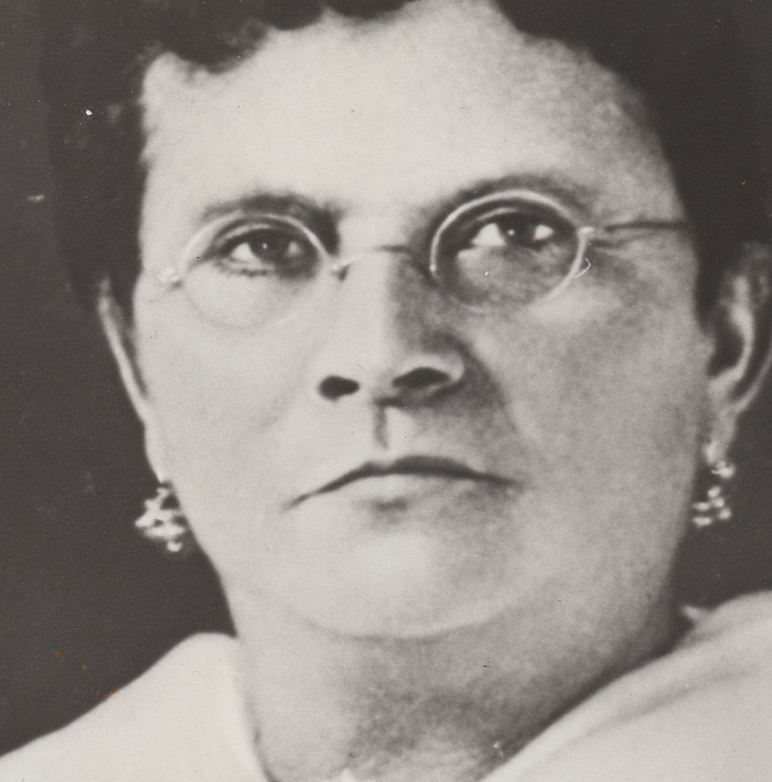
Phoebe Kirby - Possibly born a slave ca. 1850
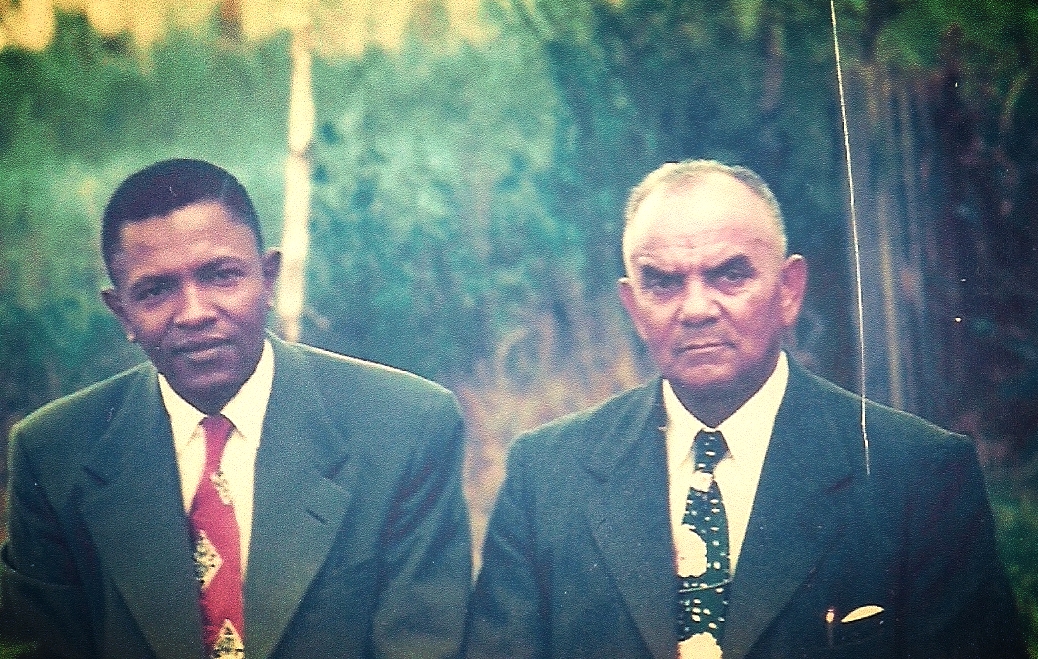
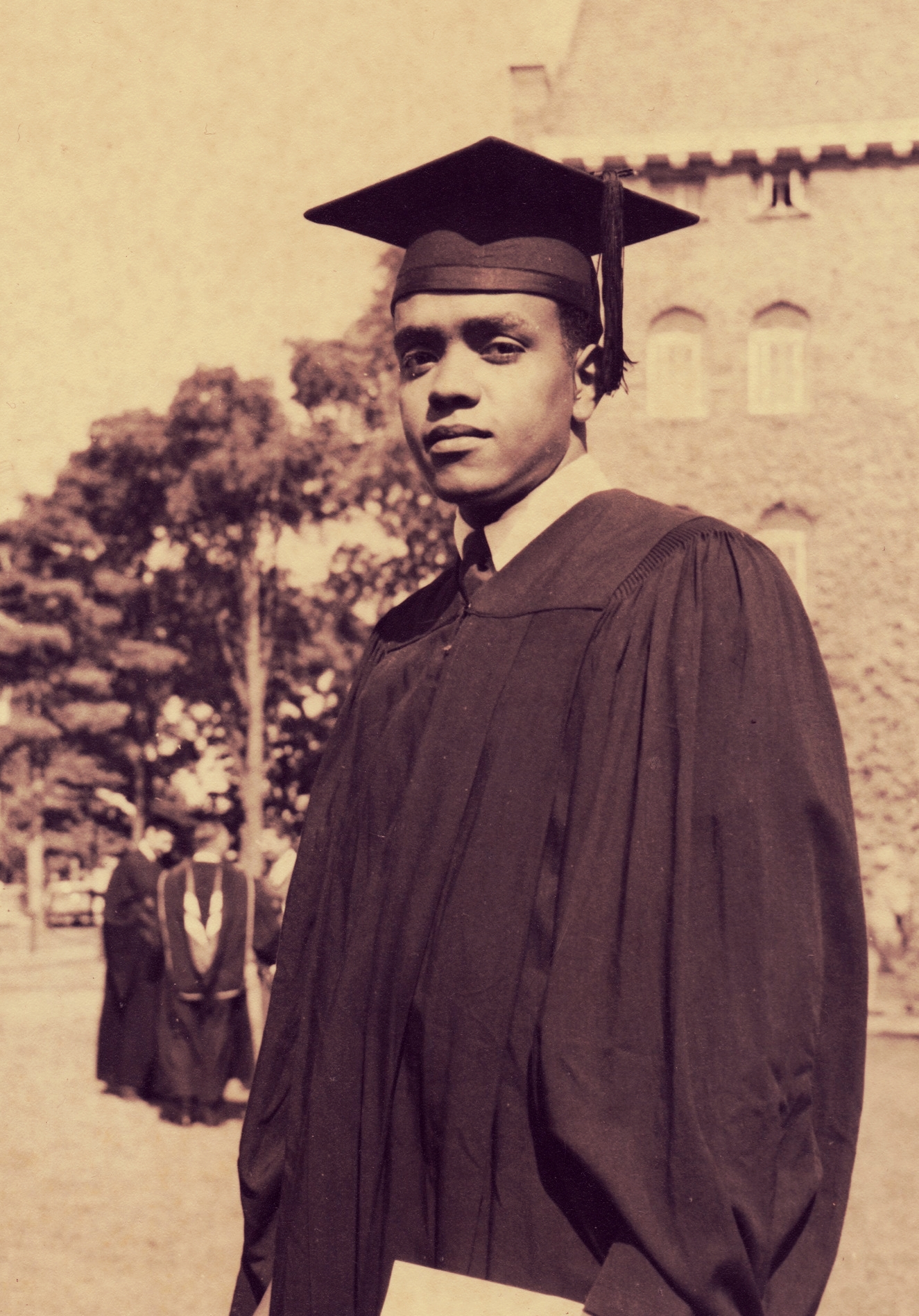
From Stuyvesant High School, after turning down Harvard, I went on to Hamilton College near the small up-state village of Clinton, New York as one the few blacks (or Jews) admitted under its then-existing admissions quota system. Unfortunately, things started really going sour when I came up against Hamilton’s social system which, at the time, revolved around preponderantly Greek-letter national fraternities which had convenants and practices which served to exclude Jews, blacks and, for some fraternities, I believe, even Catholics.
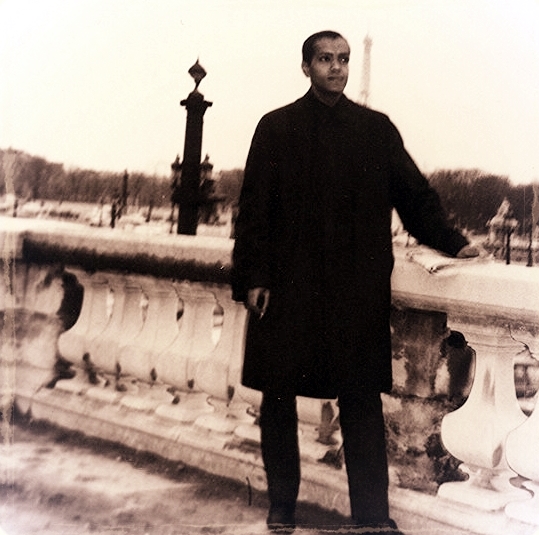
I never really settled back into New York and American life after my “escape” from Atlanta where I had been personally subjected to segregation. I remembered my great uncle’s tales about France - he had served during the First World War in America’s segregated army - and my readings of Ernest Hemingway, James Baldwin, Langston Hughes and F. Scott Fitzgerald - and I set sail for Le Havre on 5 October 1962, never to return to America to live.
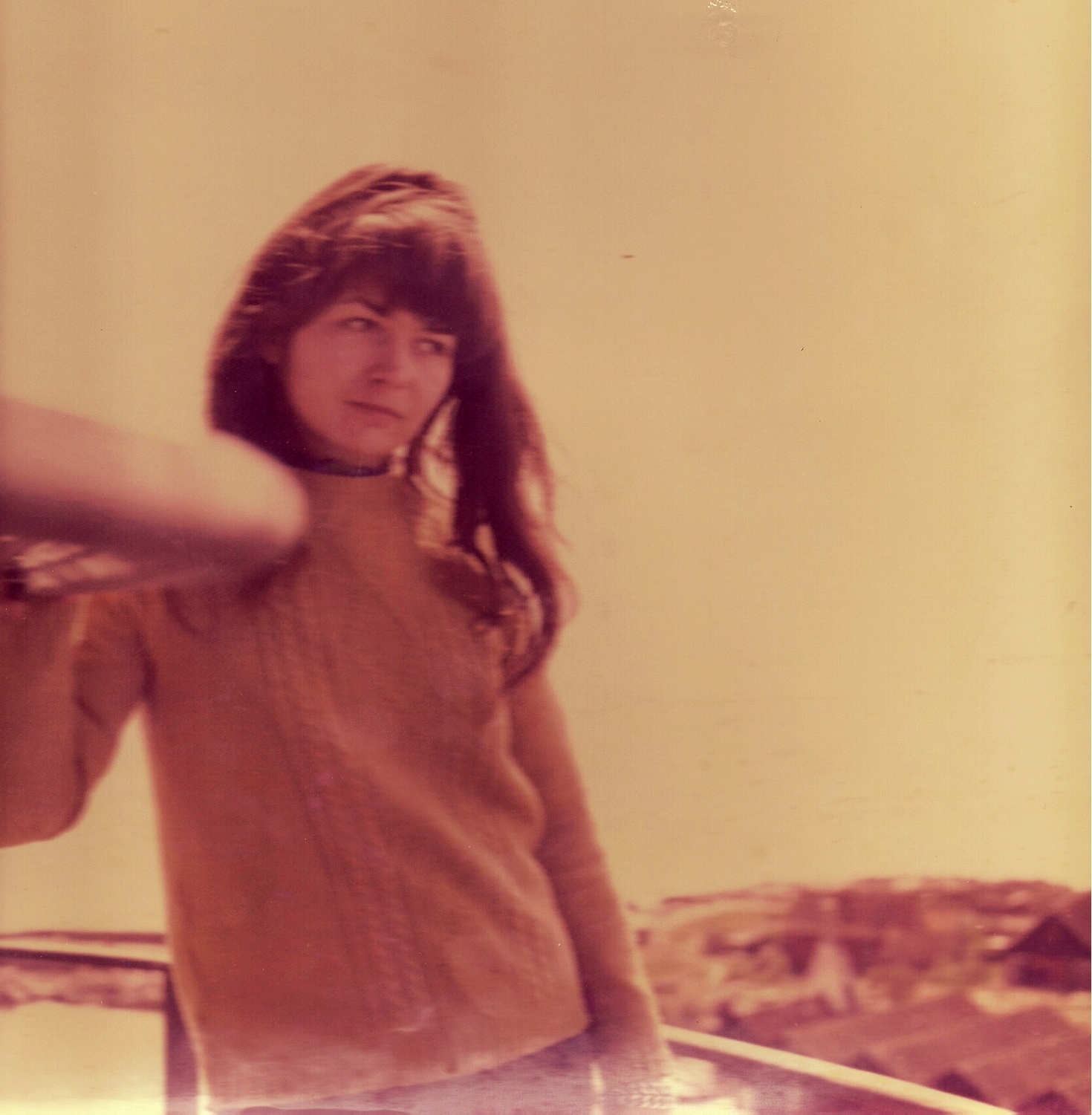
We'll be celebrating our 50th wedding anniversary in December 2016.
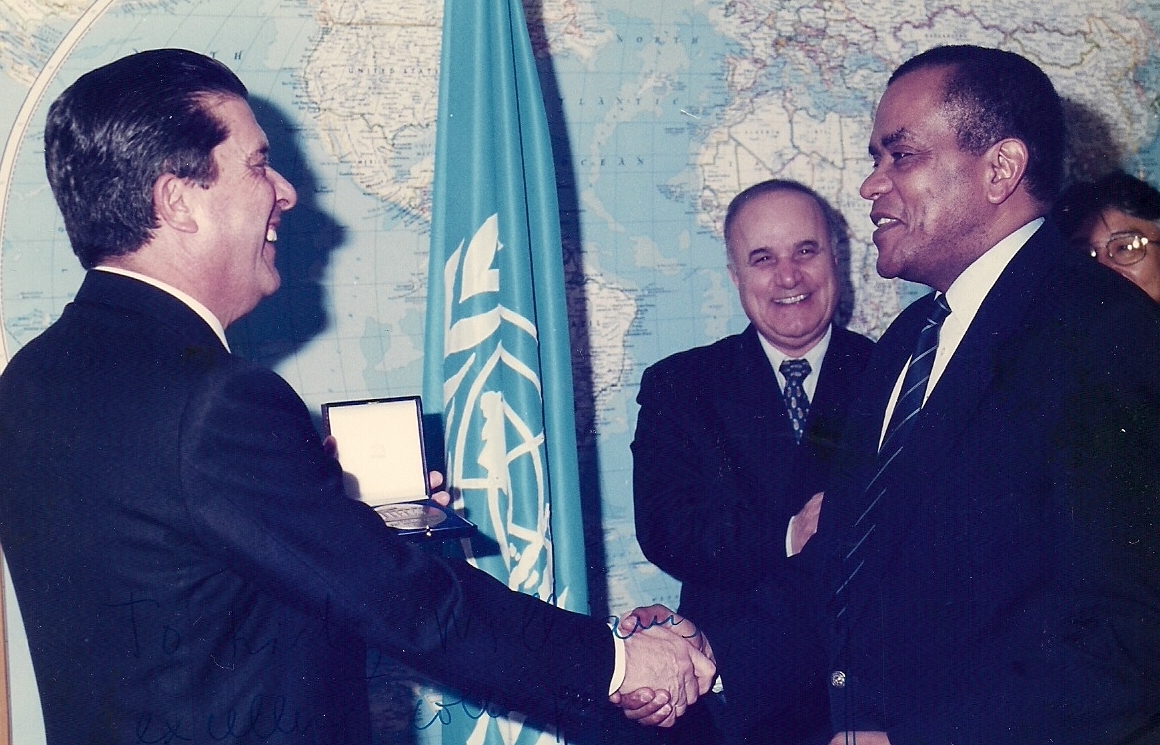
After studying at the Sorbonne to learn French and then teaching English, I entered a United Nations Organization in Paris as a Junior Professional and spent the next thirty years founding a family and advancing into the Directorial and Diplomatic ranks of the Organization. I had the pleasure of either meeting or seeing at close hand some of the Greats of the World, from General DeGaulle, to Pope John Paul II, François Mitterrand and Nelson Mandela. Outside of work, I got to meet or make contact with writers as varied as Langston Hughes, James Baldwin, James Jones, James Michener and Gregory Corso and musicians and actors such as Bud Powell, Johnny Griffin, Aaron Bridgers, Marpessa Dawn, Gordon Heath and Memphis Slim. I also met or came into contact with a host of French artists, including Jean Genet, Jean-Patrick Manchette, Arthur Adamov and Marcel Carne, as well as the Irish writer Samuel Beckett.
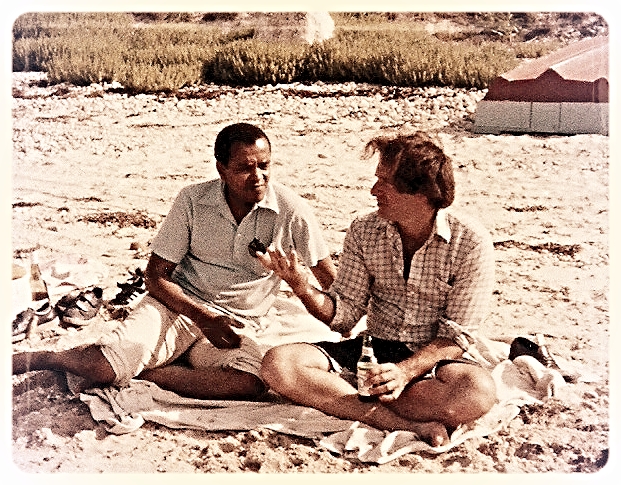
Kirby and Bill met in college in the late 1950's. They have been friends ever since.











